 Market Insights
Market Insights
 27-09-2024
27-09-2024
In today’s interconnected world, finding reliable global traders is crucial for businesses looking to expand internationally. Whether you're sourcing products or seeking buyers, the ability to connect with global trading partners can significantly impact your success. But with so many platforms, strategies, and resources available, how do you efficiently find global traders?
Here’s a detailed guide on how to find and connect with traders around the world:

1. Leverage B2B Platforms
B2B platforms are one of the most efficient ways to connect with global traders. These platforms serve as marketplaces where buyers and suppliers can meet and do business. Some popular B2B platforms include:
Alibaba.com: One of the largest global B2B platforms that connects suppliers and buyers across various industries.
Global Sources: Ideal for businesses looking to source electronic goods, machinery, and industrial equipment from Asia.
TradeIndia and EC21: Focused on specific regions, these platforms help you tap into key markets like India and South Korea.
By signing up on these platforms, you can showcase your products or services, browse through supplier listings, and send inquiries to potential trading partners.
2. Attend International Trade Shows
Attending international trade shows is another effective way to meet global traders. Trade shows provide an opportunity for face-to-face interactions, helping you build trust and negotiate deals more effectively.
Some of the biggest global trade shows include:
Canton Fair (China): One of the largest import-export fairs globally.
The International Consumer Electronics Show (CES): Ideal for tech and electronics traders.
SIAL (France): A renowned trade show for the food and beverage industry.
Trade shows not only introduce you to potential partners but also give you insight into the latest market trends and competitor activities.
3. Utilize Online Directories
Online directories are another valuable tool for finding global traders. These directories list companies by industry and location, making it easier to find potential partners based on specific criteria.
Some popular online directories include:
Kompass: A global business directory covering a wide range of industries.
ThomasNet: Focuses on North American suppliers and manufacturers.
Yellow Pages: Useful for finding local businesses in specific countries.
Directories often include company profiles, contact details, and business descriptions, helping you identify relevant traders quickly.
4. Explore Social Media Networks
Social media platforms like LinkedIn, Facebook, and Twitter are increasingly being used for business purposes. LinkedIn, in particular, has become a go-to platform for professional networking. By joining industry-related groups and communities, you can connect with traders from all over the world.
To find traders:
LinkedIn: Use LinkedIn’s search filters to locate professionals in the global trading industry. You can also join trade-specific groups where members regularly post opportunities.
Facebook Groups: Many niche groups are dedicated to trading, import-export, and B2B transactions.
X (formerly Twitter): Follow hashtags related to global trade, international business, and specific products.
5. Leverage International Trade Data
Access to trade data can be a game-changer when trying to find global traders. Tendata is a powerful tool that provides comprehensive trade data, helping businesses identify potential buyers, track competitor activities, and analyze market trends.
Through Tendata’s platform, businesses can:
Identify global buyers based on their purchasing patterns and trade history.
Track competitors' trading partners, allowing you to discover new opportunities.
Analyze market trends to make informed business decisions.
By leveraging big data, businesses can take a more targeted approach to finding global traders, minimizing guesswork and focusing on the most promising leads.
6. Work with Trade Agencies and Chambers of Commerce
Many countries have government-supported trade agencies and chambers of commerce dedicated to facilitating international trade. These organizations provide a wealth of resources, including market research, export advice, and trade matchmaking services.
Some prominent trade agencies include:
U.S. Commercial Service (United States)
UK Trade & Investment (United Kingdom)
Japan External Trade Organization (JETRO)
These organizations often organize trade missions, host networking events, and provide valuable insights into specific markets, helping businesses connect with global traders more efficiently.
7. Consider Export-Import Brokers
Export-import brokers act as intermediaries between buyers and sellers, helping facilitate cross-border transactions. If you're new to international trade or want to minimize risks, working with an experienced broker can be beneficial. Brokers typically have established networks and can introduce you to reputable global traders.
8. Build a Strong Online Presence
In today’s digital age, having a professional online presence is essential for attracting global traders. A well-designed website, active social media channels, and strong SEO practices can help potential trading partners find your business online. Make sure your website includes clear information about your products, services, and contact details. Consider adding a blog or resource section to establish your expertise in the industry.
Finding global traders requires a combination of online research, networking, and strategic partnerships. By leveraging B2B platforms, attending trade shows, utilizing trade data, and maintaining an active online presence, you can effectively connect with traders across the globe.
For businesses seeking a more targeted and data-driven approach, Tendata offers unparalleled insights into the global trading landscape. With access to up-to-date trade data and buyer behavior analysis, Tendata enables you to identify the right partners and streamline your international trade operations.
开发高价值客户的思路
高价值客户通常拥有多家供应商,因此,直接索取订单并不是最有效的方式。一个更好的策略是成为他们的备选供应商,作为他们的Plan B。通过展示独特的价值与优势,逐步赢得客户信任。
1. 线上开发:主动获取客户信息
为了更好地开发高价值客户,建议采取积极主动的线上开发策略。利用工具如腾道海关数据平台,可以获取关于潜在客户的进出口记录、联系方式(邮箱和电话)等准确信息。通过这些数据,主动联系客户,通过电话、邮件、社交媒体等多渠道与客户建立联系,从而提高触达和交流的效率。
>>通过腾道海关数据了解客户联系方式<<
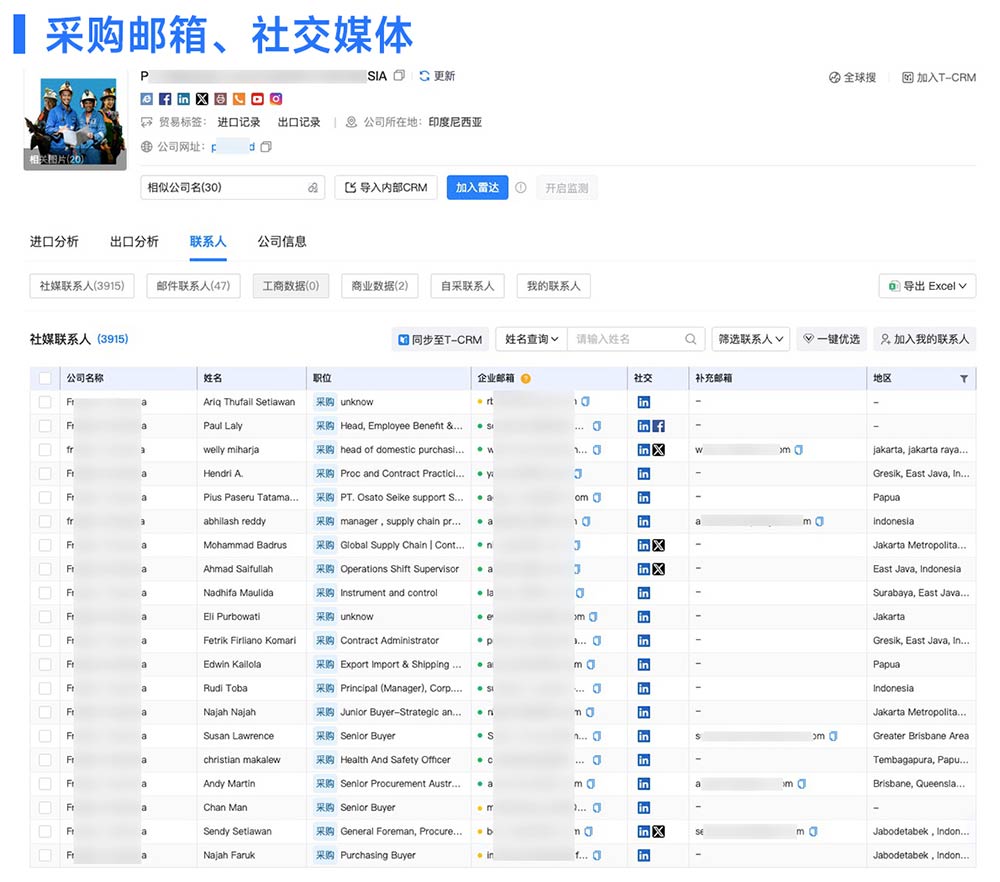
2. 线上+线下结合:展会开发策略
除了线上开发,还可以将线下展会与线上工具相结合,实现更高效的客户开发:
· 展前准备:在参加展会前,使用腾道海关数据平台分析目标市场和竞争对手,整理出目标采购商的名录,明确潜在高价值客户。
· 展会策略:展会期间,不应被动等待客户光顾,而是利用腾道海关数据提供的采购商名单主动寻找并接触当地设展的高价值客户,直接向他们展示产品和服务。
>>立即咨询腾道海关数据获取免费演示<<
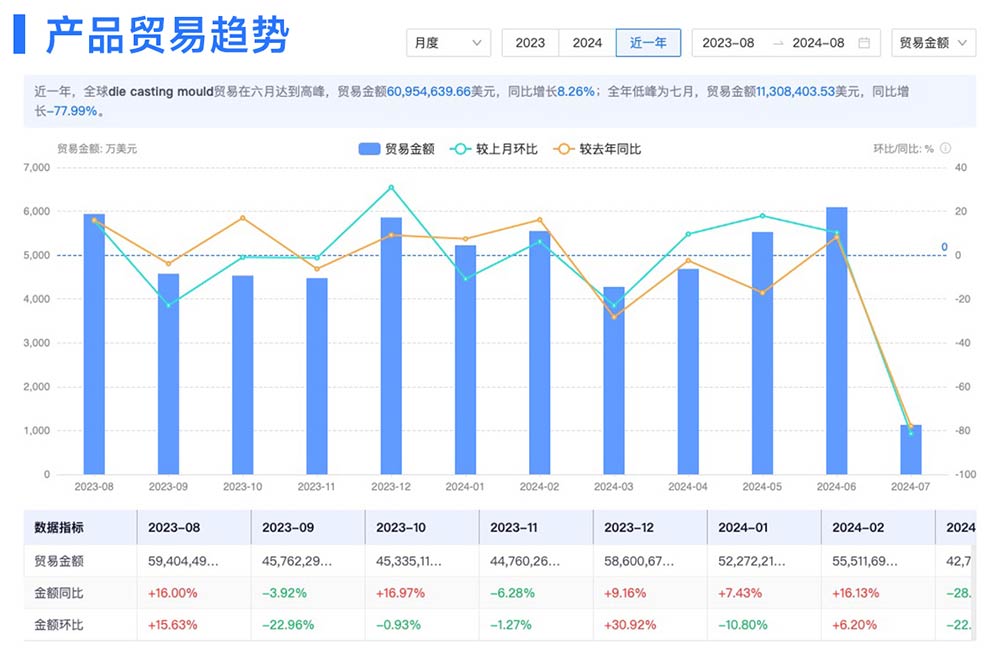
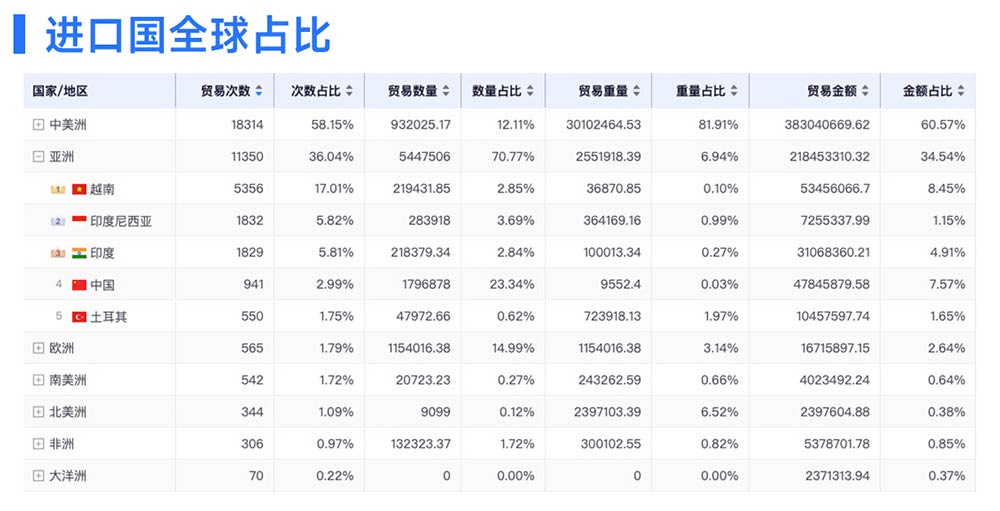
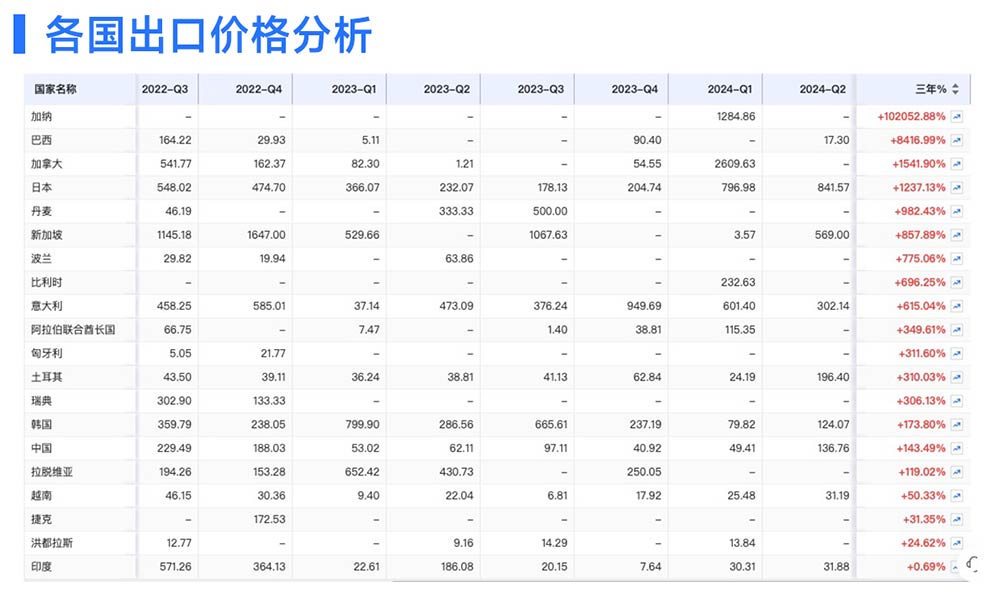
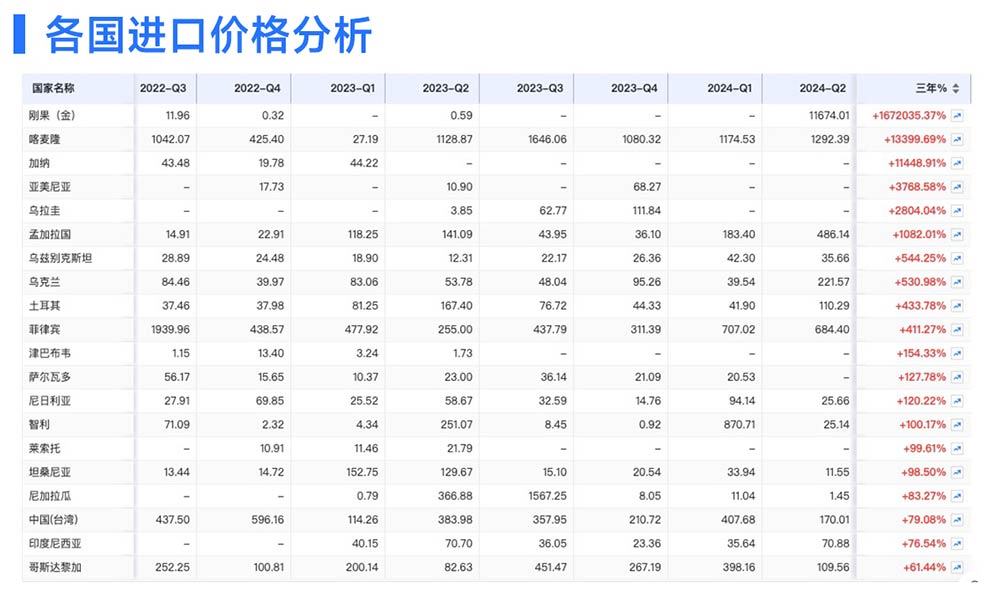
传统的“守株待兔”式展会开发方式(如依赖老客户参观展位或被动等待新客户)效率低下,容易错失良机。相反,通过展前的充分准备和主动出击,可以大幅提高展会开发效率,增加接触高价值客户的机会。
通过线上海关数据分析与线下展会的结合,这种主动式的策略能够更加精准地识别和接触目标客户,提升开发高价值客户的成功率。
这种方式既能提高整体的开发效率,又能帮助企业在竞争中脱颖而出,实现高效的客户获取和转化。
想要快速进行客户开发?请看以下文章:
(2)腾道和国内其余13家海关数据平台有什么区别?一文掌握!
Category
Leave Message for Demo Request or Questions


 T-info
T-info T-discovery
T-discovery

 My
Tendata
My
Tendata Market Analysis
Market Analysis Customer
Development
Customer
Development Competitor
Monitoring
Competitor
Monitoring Customer Relationship
Customer Relationship




































































































































